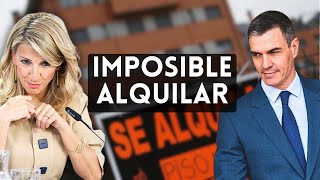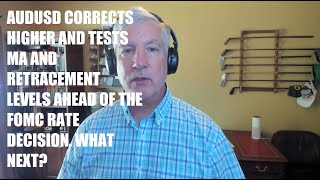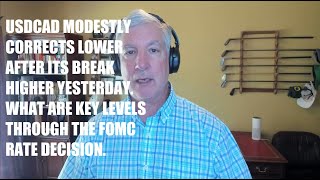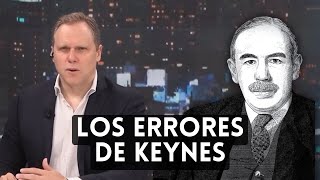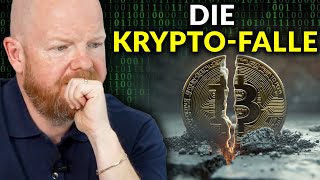| Death is inevitable, but for most people in rich countries it’s not sudden. Our Public Policy Editor, John McDermott, examines how terminally ill patients can have the death they want.
Click here to subscribe to The Economist on YouTube: http://econ.trib.al/rWl91R7 How to have a better death. Michael Hunter was recently diagnosed with terminal cancer. He was given roughly 12-18 months to live. Medicine has given us longer healthier lives but it has also changed how we die. Deaths today are rarely sudden. In rich countries about two thirds of deaths take place in a hospital or nursing home. The vast majority of people would prefer to die in their own home. Yet whilst most people say they care more about their quality of live than eking out every last minute. Medicine is generally geared towards aggressive often painful treatment at the end of life. At the Clatterbridge Cancer Centre in north-west England, Michael is being cared for by Dr Peter Kirkbride, who is pioneering a new approach that gives patients a greater say in their end of life care. The conversation taking place today is a chance for Michael to set out his priorities for his final days. Doctor Kirkbride is following a checklist of questions called the Serious Illness Conversation Guide which was drawn up by Ariadne Labs, an American healthcare organisation. It’s designed for patients with approximately a year left of their lives, and asks them about their hopes, fears and aspirations. The aim is to help these patients become more informed about how they want to spend their final months. It’s seems that there’s a simple reason why the vast majority of patients aren’t having the deaths they want. They haven’t been asked what matters to them. I wanted to find out from Michael how the conversation guide had affected him. In the United States, there has been criticism that these discussions are heartless and a way for bureaucrats to decide who is worthy of medical care and who is not. Sarah Palin, the former Republican Governor of Alaska once described them as death panels. But as this hospital is showing, open and honest conversations about the end of life can give patients the best chance to die how and where they choose. Daily Watch: mind-stretching short films throughout the working week. For more from Economist Films visit: http://films.economist.com/ |
Tags:

















